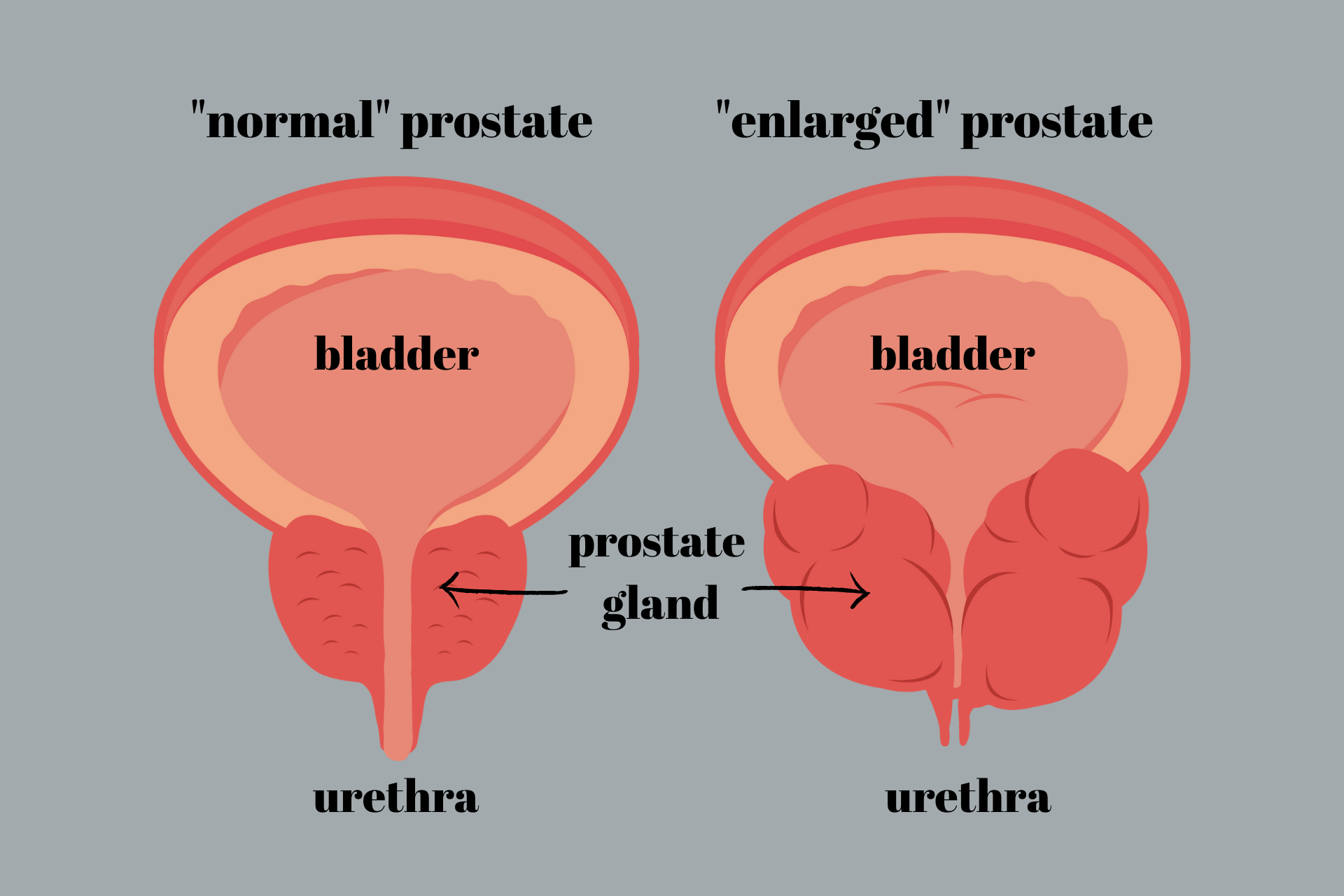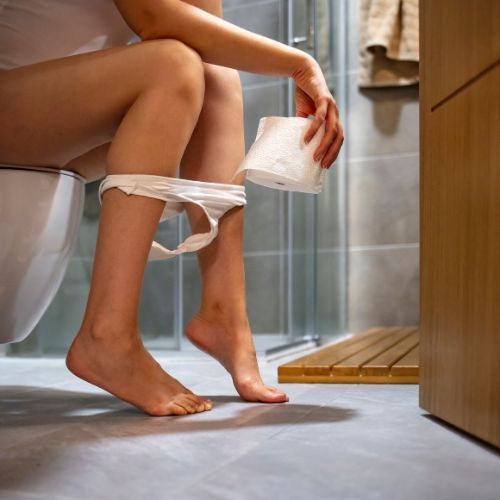
Pelvic floor physical therapy plays a huge role in your prehab and post prostatectomy rehabilitation.
Pelvic floor physical therapy plays a huge role in your prehab and post prostatectomy rehabilitation.
We highly recommend two appointments pre-surgery. During these appointments we work with you on the activation of your pelvic floor muscles, discuss post-surgery processes including the use of a catheter bag, abdominal wounds, urinary containment (pads and continence pants) and erectile function.
Once you've undergone surgery, we will review you 1-2 weeks after catheter removal, then at seven weeks, three and six months.
Our aims for your post-surgery physiotherapy include:
- Improving your muscle strength and control
- Reducing your pelvic pain
- Supporting the recovery of your erectile function
- Restoring your continence
- Rehabilitating your abdominal muscles
If you are undergoing a prostatectomy soon, book an appointment to see one of our physiotherapists to start your rehabilitation.
More from the blog



03 9325 1511
info@pelvichealth.melbourne
ABOUT US
While you don’t talk about pelvic health every day, we do. Our team of specialised physiotherapists are highly skilled and more importantly, have the emotional intelligence to help you through whatever challenges you’re facing. Talk to us today.
ABOUT US
While you don’t talk about pelvic health every day, we do!
Our team of pelvic health therapists are passionate about helping you through whatever challenges you’re facing. Talk to us today.

We acknowledge the Traditional Owners of the land where we work and live, the Bunurong and Wurundjeri peoples of the Kulin Nation and pay our respects to Elders past and present. We celebrate the stories, culture and traditions of Aboriginal and Torres Strait Islander Elders of all communities who also work and live on this land.



